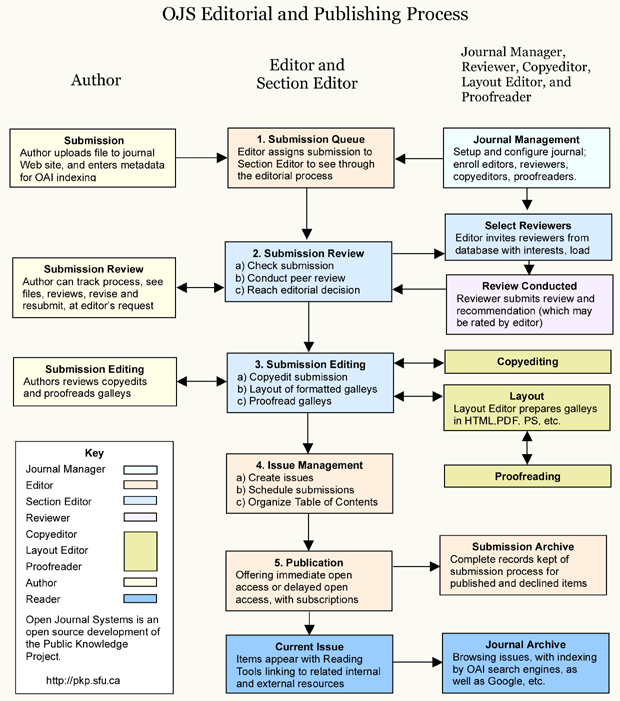Peer Review Process
The Peer Review Process is a procedure in which journals assess the quality of manuscripts before publication, reviewed by relevant experts in the field to review and provide comments on the submitted manuscripts. This process aims to assist editors in determining whether the manuscripts should be published in the Jurnal Analisis Kebijakan dan Pelayanan Publik (Journal of Public Policy and Service Analysis).
Key Points in the Peer Review Process:
Manuscripts submitted to the journal undergo initial screening by the editorial team. Manuscripts that pass the screening will be sent to at least one or two peer reviewers for evaluation. Peer reviewers independently provide recommendations to the journal editor regarding whether the manuscript should be rejected or accepted (with or without revisions). The journal editor considers all feedback from peer reviewers and makes a decision to accept or reject the manuscript. The Peer Review Process for journal publication is essentially a quality control mechanism, where experts evaluate manuscripts to ensure the quality of the published work. However, peer reviewers do not make the final decision to accept or reject a paper; they provide recommendation decisions. In the journal, the authority for decision-making lies solely with the journal editor or the journal's editorial board.
How does it work? When a manuscript is submitted to the journal, it is evaluated to determine if it meets the submission criteria. If it does, the editorial team will select potential peer reviewers in the research field to review the manuscript and provide recommendations. The type of peer review used by the Jurnal Analisis Kebijakan dan Pelayanan Publik (Journal of Public Policy and Service Analysis) is:
Double-blind: Reviewers do not know the author's name, and authors do not know who is reviewing their manuscript. 


